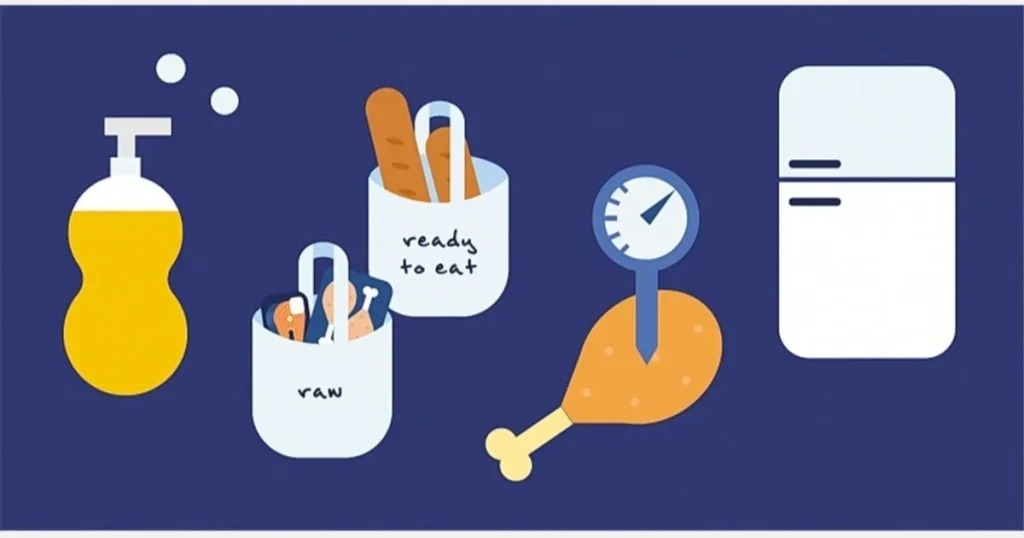Sanitation Specialists play a crucial role in maintaining the safety and hygiene of food processing plants. These highly trained professionals are responsible for implementing and overseeing various sanitation procedures to ensure that the facility and its equipment are free from any potential sources of contamination. In this section, we will take a closer look at the services offered by Sanitation Specialists and how they contribute to the overall cleanliness and safety of food processing plants.
1. Comprehensive Facility Cleaning:
One of the primary services offered by Sanitation Specialists is comprehensive cleaning of food processing facilities. This process involves thoroughly cleaning all surfaces, equipment, floors, walls, ceilings, and drains using specialized cleaning agents and techniques. The goal is to remove any physical debris or visible contaminants from all areas of the facility to prevent cross-contamination.
2. Disinfection:
In addition to cleaning, Sanitation Specialists also provide disinfection services to eliminate harmful bacteria, viruses, and other microorganisms from surfaces that may come into contact with food products. They use industry-approved disinfectants and follow strict protocols to ensure effective disinfection without compromising on safety standards.
3. Equipment Cleaning & Maintenance:
Food processing plants have complex machinery that needs regular maintenance and cleaning to function efficiently. Sanitation Specialists have expertise in disassembling, deep cleaning, sanitizing, and reassembling various types of equipment used in food production such as mixers, grinders, conveyors, ovens etc. This service helps prevent buildup of dirt or residue on equipment which can compromise product quality or lead to potential contamination.
4. Pest Control:
Sanitation Specialists also play a crucial role in pest control within food processing facilities. They are responsible for identifying and eliminating potential breeding grounds for pests, sealing entry points, and implementing preventive measures to keep pests away. This is essential to prevent contamination of food products and maintain a safe and healthy environment.
5. Compliance & Quality Assurance:
Food processing plants must comply with strict regulations and guidelines set by government agencies such as the FDA. Sanitation Specialists are responsible for conducting regular inspections, audits, and tests to ensure that the facility meets all sanitation standards. They also help develop and implement quality assurance programs to maintain consistent levels of cleanliness and safety.
6. Training & Education:
Sanitation Specialists provide training and education to plant employees on proper sanitation procedures, chemical handling, personal hygiene, pest control methods etc. This helps create a culture of cleanliness and safety within the facility, reducing the risk of contamination.


